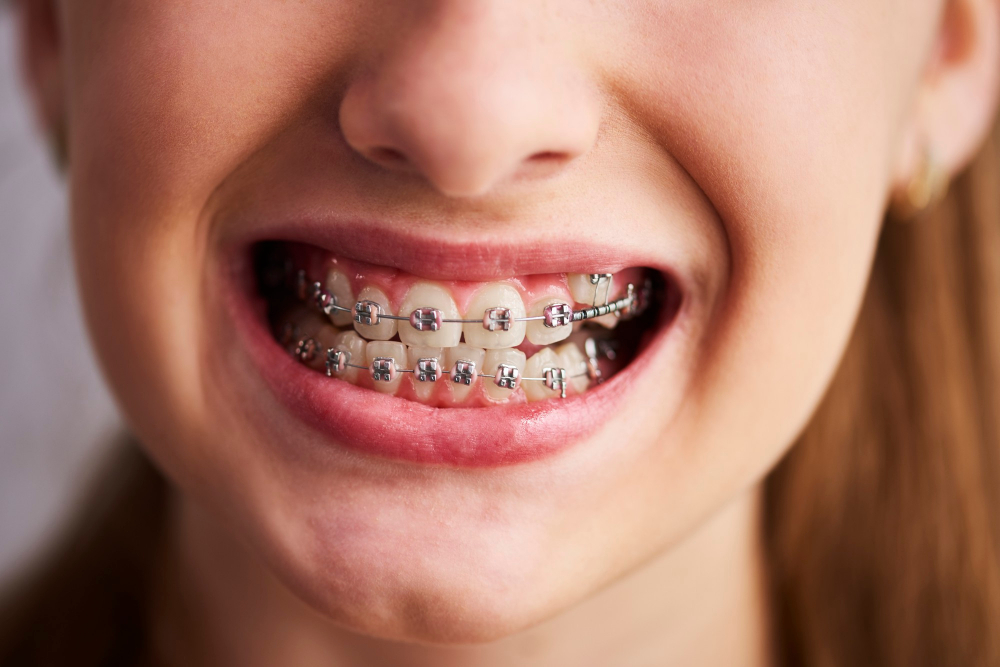What Are Metal Braces?
Metal braces are a common type of orthodontic treatment. They use small metal brackets and wires to straighten teeth. Many people choose metal braces because they are strong and effective. In fact, metal braces have helped millions of adults and teens get a better smile. Usually, an orthodontist attaches the braces to your teeth. Over time, the braces gently move your teeth into the right position.
Benefits of Metal Braces
Metal braces offer many advantages. For example, they are often more affordable than other types of braces. Also, they work well for both simple and complex dental problems. Here are some key benefits:
Who Needs Metal Braces?
Many people can benefit from metal braces. For instance, if you have crooked teeth, gaps, or a bite problem, braces may help. Orthodontists often recommend metal braces for:
However, only a licensed orthodontist can decide if metal braces are right for you.
The Process of Getting Metal Braces
Getting metal braces is a step-by-step process. First, you visit an orthodontist for an exam. Next, the orthodontist takes X-rays and makes a plan. Then, they attach small metal brackets to your teeth. After that, a thin wire connects the brackets. The orthodontist may add rubber bands for extra support. You will visit the clinic every 4-8 weeks for adjustments. Usually, treatment lasts 1 to 3 years, depending on your needs.
How to Care for Metal Braces
Proper care is important for a healthy smile. With metal braces, you need to keep your teeth and braces clean. Here are some tips:
Good care helps prevent cavities and keeps your treatment on track.
Common Myths and Facts
Many myths surround metal braces. However, knowing the facts can ease your worries. Let’s look at some common myths:
Potential Risks and Side Effects
Like any treatment, metal braces have some risks. Still, most side effects are mild and temporary. Possible issues include:
However, regular care and dental visits help prevent most problems. The American Association of Orthodontists suggests following your orthodontist’s advice for best results.
Tips for Living with Metal Braces
Adjusting to metal braces takes time. But with a few simple steps, you can stay comfortable and healthy. Consider these tips:
With these habits, you can enjoy life while your smile improves.
Frequently Asked Questions
Conclusion and Next Steps
Metal braces are a proven way to straighten teeth and improve your smile. They are strong, effective, and suitable for both adults and teens. With proper care, you can avoid most problems and enjoy great results. If you are thinking about orthodontic treatment with metal braces, consult a licensed orthodontist to discuss if metal braces are right for you.



